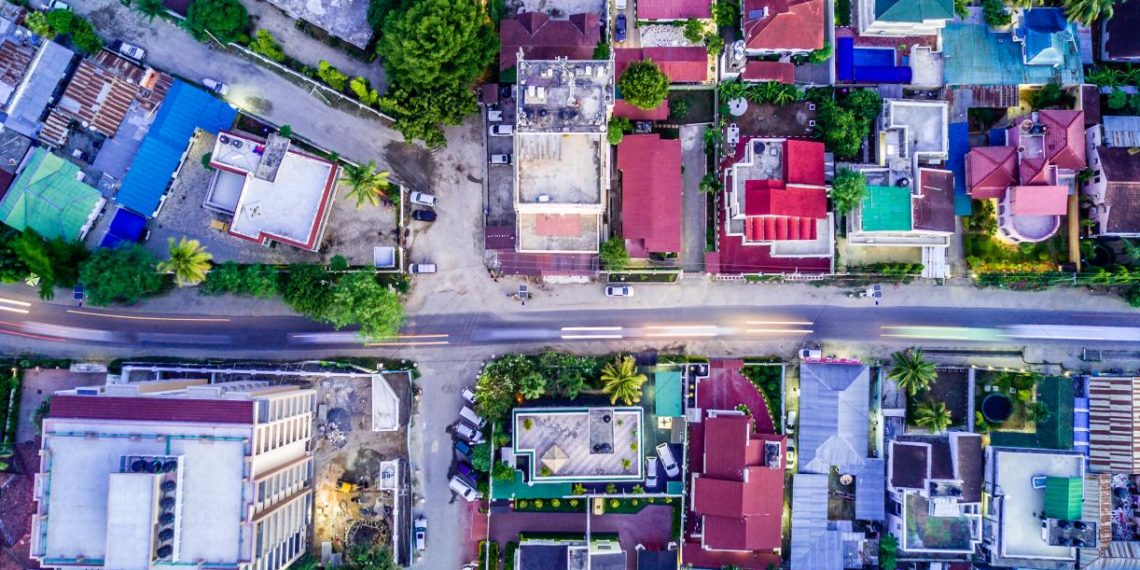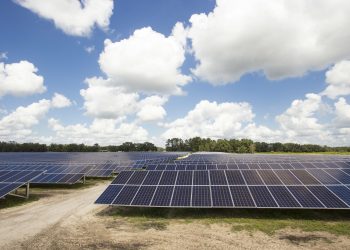Infectious disease outbreaks can have enduring influence on urban design and several have irrevocably shaped how modern cities feel and function. For example, parks, wide street design and even the home bathroom are all important legacies of cholera outbreaks; today, they are so embedded into everyday life that they’re considered ordinary features of modern cities. Throughout the ages, cities have bounced back from the initial shock of contagion and rebuilt residents’ trust after times of uncertainty.
What’s at stake in a world marked by pandemic response today? As the contours of post-coronavirus pandemic cities begin to take shape across the globe, there has been a flurry of speculations on the future of cities. Such shocks may fundamentally transform how the world acts on critical policy priorities, including climate change, poverty, racism, homelessness and pollution, among many others.
Global responses and their results can be progressive or regressive — “green stimulus” investments can boost climate action, but Australia’s gas-fired pandemic recovery serves as a reminder to not take the positive feedback loop for granted.
3 Essential Questions for Cities in 2022
Whatever shape post-pandemic cities take, one thing is clear — we are living in increasingly turbulent times. And this world is reaching a crossroads for decisive collective action. The climate crisis, which many scientists think has reached an irreversible tipping point, demands global leaders to take bold action to slash carbon emissions and quickly adapt to intensifying weather extremes. Globally, COVID-19 pushed an additional 31 million people into extreme poverty and revealed deep inequalities.
These unprecedented times require us to ask three critical questions, which will define pathways for cities in the coming year and decade ahead.
Are disruption and uncertainty the new normal in cities?
There are at least three compounding crises facing cities today — the ongoing global COVID-19 pandemic, the worsening impacts of a changing climate, and growing urban inequality. In the last year alone, extreme weather events — such as deadly fires, flooding and heat waves — and the coronavirus pandemic’s global impact suggest that these challenges are ‘planetary’ in nature; no corner of the world is immune to their effects. All three crises put unprecedented strain on city life and intensify existing issues, including social exclusion, racism, homelessness and pollution.
Cities themselves are complex systems anchored by the physical heft of their built environments; at the same time, they are always under construction and in various states of flux. Adding to the sense of turbulence, the pandemic, the climate crisis and spiraling inequality are taking place against a backdrop of accelerated technological innovation and societal shifts.
These shifts and advancements are more ambiguous in their effects. New technologies can bring great hope in times of emergency, as in the case of new vaccine technologies, and artificial intelligence that enables contact-tracing, telemedicine and remote work and learning. Yet, they also harbor ethical dilemmas — such as privacy and discrimination risks — that add to a climate of uncertainty.
Can resilient cities be inclusive and sustainable?
Calls for resilience as a planning and management priority have come in response to both acute shocks and chronic stressors, including extreme weather associated with climate change, terrorism and cyberattacks, economic and supply chain disruptions, and public health emergencies such as the coronavirus outbreak.
Yet, responding to the threefold challenge of pandemic, climate change and urban inequality requires cities to be not only resilient, but also sustainable and inclusive. Unfortunately, these objectives can be at odds with each another and reconciling them may create tricky urban planning dilemmas.
For example, dense urban centers are favored over sprawling settlements for their resource efficiency and for connecting people to economic opportunities. But when many people live in close proximity, this also concentrates their vulnerability to the same risks — be they disease outbreaks or natural disasters — unless adequate measures are taken.
Furthermore, cities’ resilient responses, such as flood protections, are often based on a multi-layer safety approach — if one measure fails, there are others to fall back on. However, these in-built redundancies, which create resilience to shocks and disruptions, may not be desirable from a sustainability perspective, which prizes efficiency and optimization.
Urban planners must explicitly take the potential contradictions between resilience, sustainability and inclusiveness into account — sacrificing one puts the future of cities at risk.
How can cities best learn and apply lessons?
Despite innumerable local and regional differences, when it comes to finding inspiration, cities often turn to their peers in a wider world of cities. City-to-city learning on a range of climate, justice, and sustainability-related issues areas has taken off in recent decades, offering cities a rich ecosystem to learn from each other.
A powerful example of the speed and agility of city networks is the recent Global Mayors COVID-19 Recovery Task Force, which was created by C40 Cities only weeks into the unfolding coronavirus pandemic, and offered cities access to other cities’ approaches and lessons in responding to the pandemic.
More and more cities are embracing experimentation with new urban planning and policy concepts in response to complex and intersecting challenges, such as climate change, local economic development and the global pandemic. Innovative approaches such as ‘urban living laboratories’ and ‘experimental districts’ have become more commonplace and signal an acknowledgement that new ways of implementing projects, learning and incorporating lessons are needed in today’s complex and uncertain world.
While city learning has become more systematic, there is much room to improve how cities learn. For example, knowledge capture and exchange could be made more effective if both monitoring systems and funding allocations adapted to support deep learning about technical topics as well as organizational processes.
Pathways to Urban Transformation
Experts don’t always agree on what constitutes a good, let alone exemplary, response. However, there are several emerging concepts that are being piloted in cities across the globe. These include popular public space and infrastructure interventions such as superblocks, green corridors, complete streets, biking and cycling infrastructure expansion, among others.
WRI created the WRI Ross Center Prize for Cities to help identify and elevate the highest caliber innovations in the field of inclusive and sustainable urban transformation. Potential winners are sourced by a global pool of experts, then assessed by a large evaluation team in terms of their transformative impact on their cities, and finally voted on by an independent Jury of leaders in urban affairs.
Previous grand prize winners have demonstrated the vision, coalition-building and perseverance that are key to sustaining change and amplifying lessons learned. The 2020-2021 grand prize was awarded to Sustainable Food Production for a Resilient Rosario, a far-reaching urban agriculture program from the municipality of Rosario, Argentina. In 2019, the inaugural Prize for Cities was awarded to SARSAI, a program of the non-profit Amend, for its highly impactful and replicable approach to creating safer journeys to school for children in Dar es Salaam and other African cities.
Now in its third cycle, the Prize’s new 2021-2022 theme — “Thriving Together in Turbulent Times” — recognizes that at this time of unprecedented uncertainty and turbulence, compelling ideas and approaches are needed to guide our actions towards attractive alternative urban futures. Initiatives and projects demonstrating how to live and thrive in turbulent times by helping cities and communities respond to uncertainty, disruption, and crises are invited to apply.
The 2021-2022 WRI Ross Center Prize for Cities launched on World Cities Day, October 31, 2021. Submissions are open until February 15, 2022. Find out more at prizeforcities.org.



